To connect it in some way to "education":
This is a great example of how integrating children with disabilities into mainstream schools affects both sets of children! I am all for getting these kids together because they can all learn from each other, many times without any prompting at all. Kids naturally want to play with other kids, they have the ability to look past physical defects and see "what's on the inside". And you know what? Conner is a pretty cool kid, and so is his brother Cayden.

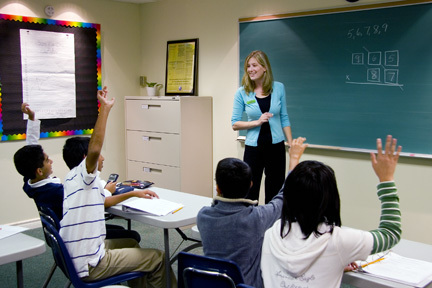
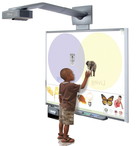

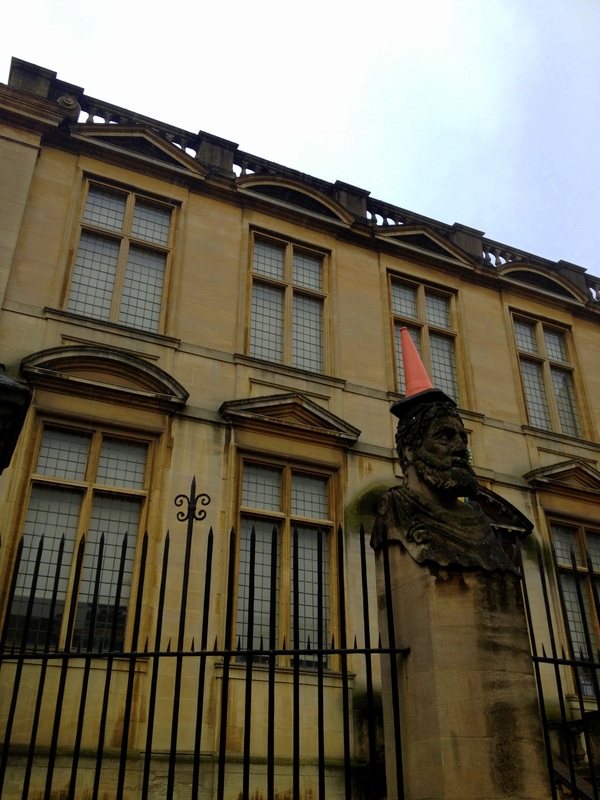
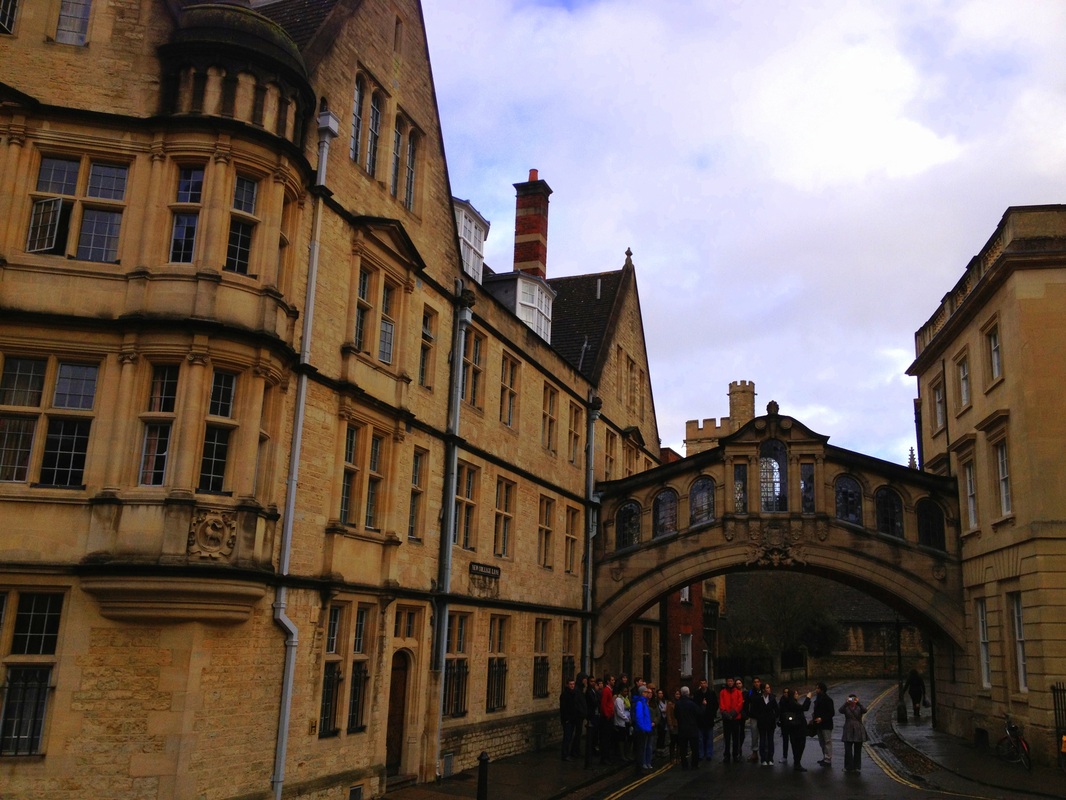
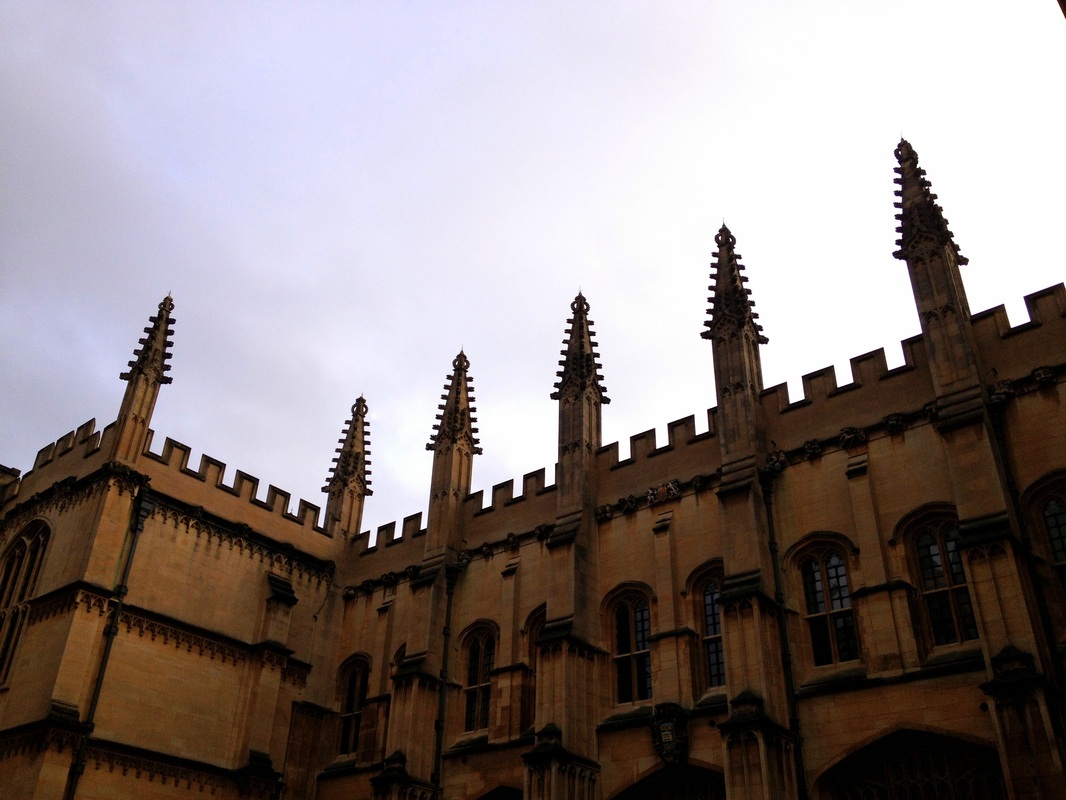
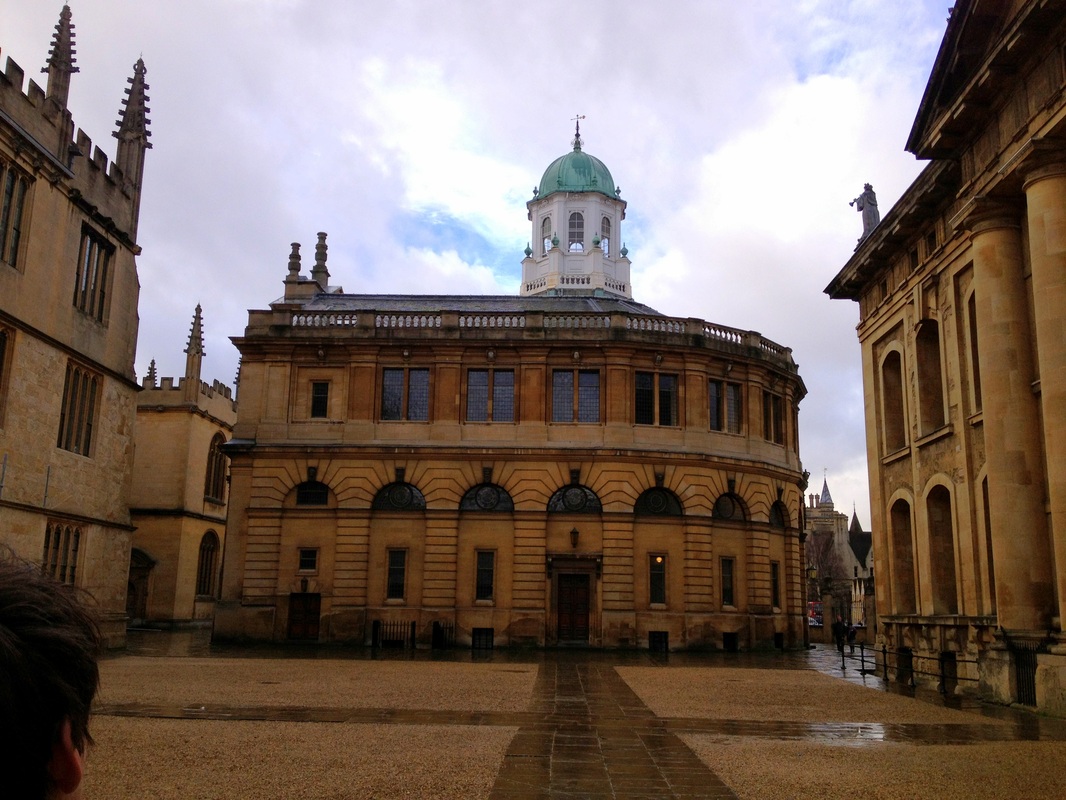
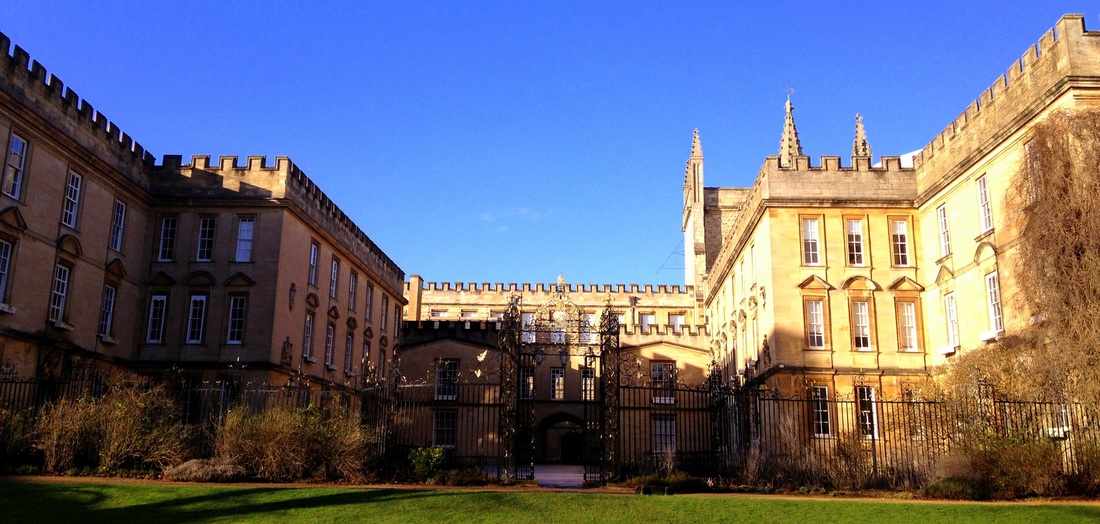
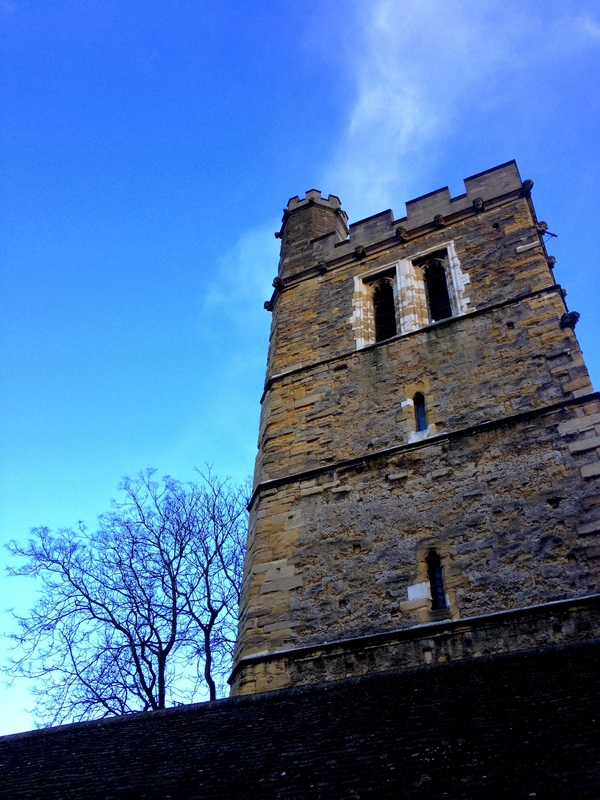
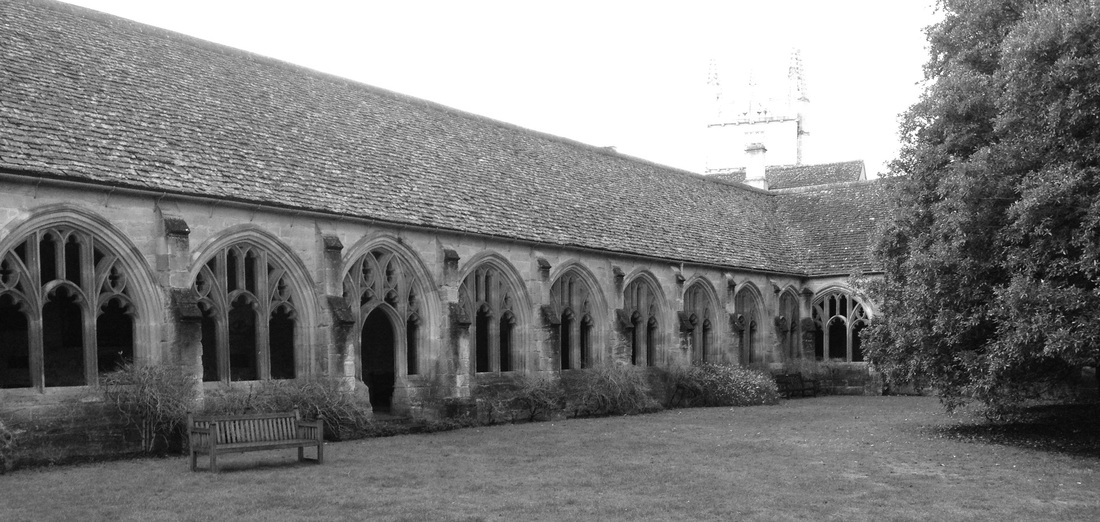
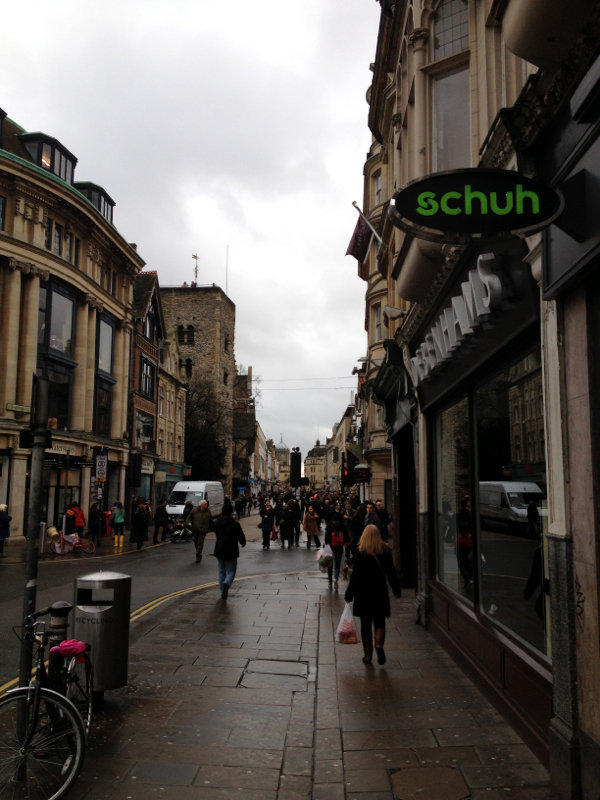
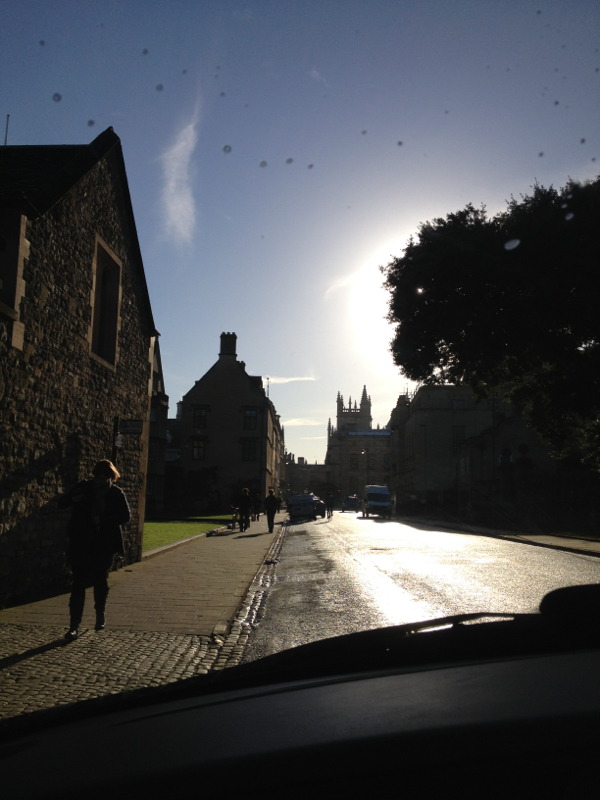

 RSS Feed
RSS Feed